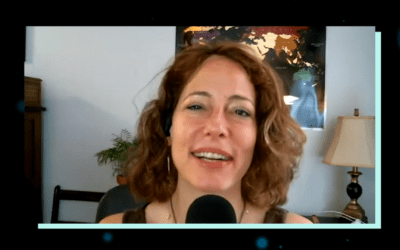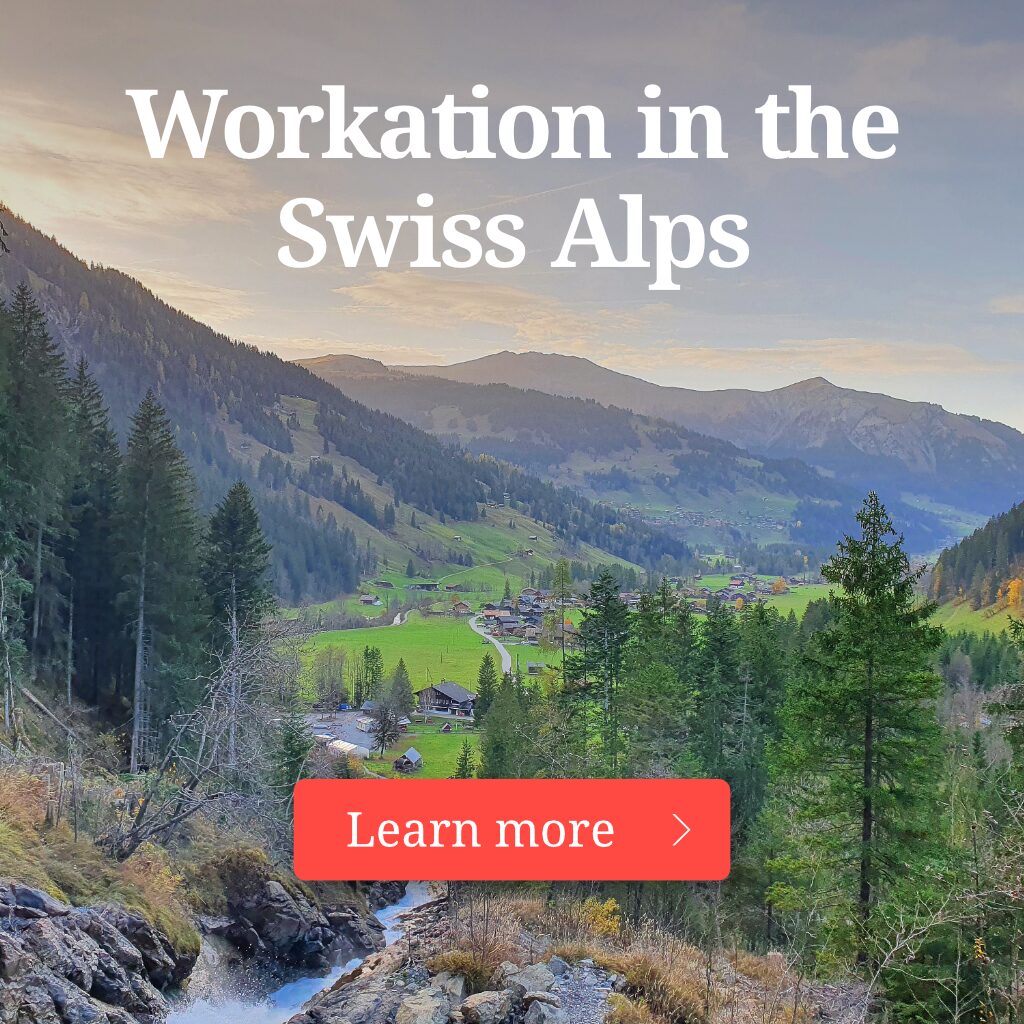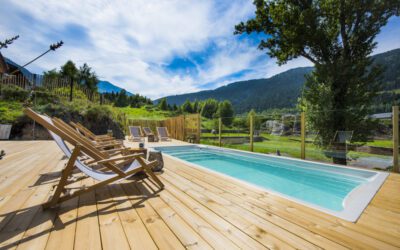|
|
Balancing work and travel means understanding how to manage income streams, track expenses, and plan for taxes—often across multiple currencies and regions.
In this guide, we’ll explore practical tools and tips that not only simplify your financial management but also empower you to truly embrace the freedom of your nomadic journey without the stress of money woes.
Understanding Income Streams
Embracing a nomadic lifestyle means getting creative with how you earn an income. Diversifying your income sources is key to maintaining financial stability while you’re on the move.
Remote work is a popular choice for many nomads, allowing you to secure a steady paycheck from companies looking for talent anywhere in the world. Websites like Upwork and Remote.co are great platforms to find remote positions that align with your skill set. But don’t limit yourself—freelancing is also a viable path. Whether you’re a writer, graphic designer, or developer, freelancing enables you to take on projects that fit your schedule, giving you the flexibility to travel while earning.
Then there’s passive income, which can be a game changer. Think of methods like affiliate marketing, creating online courses, or investing in stocks that pay dividends. While building passive income streams may require an upfront investment of time or money, the long-term benefits can provide a financial cushion as you traverse the globe.
Managing different income streams leads to dealing with multiple currencies, and understanding how to navigate this landscape is essential. Start by using tools like TransferWise (now Wise) or Revolut, which can save you money on currency conversion and allow you to hold multiple currencies in one account. Familiarize yourself with currency exchange rates and fluctuations. Apps like XE Currency can help you monitor these rates in real time, ensuring you’re converting money at the best possible rate when needed.
Tracking Expenses
Keeping tabs on your expenses while living a nomadic lifestyle is essential for maintaining financial health and preventing unwanted surprises. Fortunately, plenty of digital budgeting tools and apps are designed to make this process straightforward and stress-free. Apps like YNAB (You Need A Budget) and Mint not only help you track your expenses in real time but also allow you to set budget limits, making it easier to stick to your financial goals. Plus, many of these platforms offer features that allow you to sync with your bank accounts, giving you a clear overview of your financial situation with minimal effort.
When identifying key expense categories, think about the typical costs you’ll incur while roaming the globe. First up is accommodation, which varies widely based on your location and the type of lodging you choose, whether it’s hostels, hotels, or Airbnb. As a nomad, being flexible and open to different kinds of accommodation can help you save significantly.
Next, consider your travel expenses. This isn’t just about airfare or train tickets; it’s also about local transportation, whether that’s buses, taxis, or rideshares. Keeping an eye on how much you spend on getting from place to place can reveal valuable insights about your travel habits and help you adjust your plans accordingly.
Food is another major category. Depending on where you are, eating out can quickly add up. Try to cook your own meals, especially if you’re staying in places with kitchen facilities. You can use apps like Food Hero or Too Good To Go to find local deals and reduce wastage while enjoying local produce.
Lastly, don’t forget about miscellaneous expenses such as activities, entertainment, and travel insurance. Creating these categories in your budgeting tool will give you a comprehensive view of where your money is going and where you might need to tighten your belt.
Tax Planning for Nomads
Understanding your tax obligations is crucial when living a nomadic lifestyle. Primarily, you need to grasp your responsibilities to avoid any unpleasant surprises come tax season. For many nomads, dual taxation is a key concern. This occurs when two countries claim the right to tax you on the same income. To mitigate this risk, research the tax treaties between your home country and the countries you’re traveling to. These agreements can provide relief or exemptions, so it’s wise to know which rules apply to your situation.
Another consideration is your residency status, which influences how much tax you owe and where you owe it. Many countries classify you as a tax resident if you stay longer than a specific number of days, typically 183 days. Establishing your residency status can be complex when you’re moving around frequently; therefore, consider consulting a tax professional with expertise in expatriate tax laws who can provide tailored advice.
When tax season rolls around, having the right tools can make everything easier. Tax software explicitly designed for expatriates simplifies the rabbit hole of regulations and forms you might face. Consider products like TurboTax or H&R Block, which have features specifically for international workers, making filing straightforward. They often include slots for reporting foreign accounts and income alongside potential deductions for which you might qualify.
Additionally, using an international accounting tool like TaxAct can also be beneficial. It provides guidance on various tax laws relevant to nomads and can help you keep track of all your taxable income earned abroad, preventing you from missing out on necessary filings.
Finally, stay organized throughout the year. Maintain good records of your travels, earnings, and taxes you’ve already paid in different countries. This proactive approach will make your life much easier when tax deadlines approach.
Insurance and Safety Nets
When you embark on a nomadic lifestyle, having the right insurance is not just a box to tick; it’s a crucial safety net that can save you from spiraling costs during unforeseen circumstances.
Comprehensive health insurance is your best friend on the road, safeguarding you against unexpected medical emergencies. Whether it’s a sudden illness or an accident while hiking up a mountain, your health coverage will ensure you don’t face crippling medical bills. Look for plans with global coverage, especially those explicitly tailored for travelers or expats. Options like SafetyWing or World Nomads offer flexible policies that can adapt to your journey, covering everything from general practitioner visits to emergency medical evacuations.
While considering your health insurance, don’t overlook the importance of an emergency fund. Picture this: you’re in a foreign country, and your flight gets canceled, or worse, your wallet gets lost. That’s where your emergency fund steps in, a financial cushion that enables you to handle unexpected expenses without crumbling under pressure. Aim to save a few months’ worth of living expenses in an easily accessible account. This way, you can tackle emergencies like a pro, from medical bills to last-minute travel changes, without derailing your plans.
It’s also wise to have additional layers of safety. For instance, think about travel insurance that covers trip cancellations or interruptions. A plan that reimburses you for pre-paid costs if your travel plans go awry can bring peace of mind, allowing you to focus on enjoying your adventures rather than worrying about what might go wrong.
Don’t forget about miscellaneous expenses such as activities, entertainment, and travel insurance. If you are short on cash for unexpected travel costs, an online loan can provide quick access to funds. Just be sure to budget for any repayments in advance, as creating these categories in your budgeting tool will give you a comprehensive view of where your money is going and where you might need to tighten your belt.
Networking and Community Building
When you’re on the move, fostering a strong network can feel like both a challenge and an opportunity. However, the connections you make during your travels can enrich your experiences in ways you might not expect.
First off, embrace local meetups and community events. Platforms like Meetup and Eventbrite are fantastic resources for finding gatherings tailored to various interests—tech, art, or outdoor adventures. Engaging face-to-face in these settings helps break the ice, and you may naturally bond with fellow attendees over shared passions.
Moreover, don’t underestimate the power of social media. Facebook or even Instagram groups can connect you with like-minded travelers or locals willing to share their insights and experiences. Consider reaching out to these communities in advance. A simple post asking for recommendations on hidden gems in a new city can spark great conversations and lead to meaningful connections.
Volunteering can also serve as an unconventional yet effective way to network. Many cities have organizations looking for short-term assistance. This not only makes you feel good for contributing but also helps you meet locals and other like-minded nomads in a purposeful environment. Who knows, you might even discover friends who share the same path!
When interacting with your network, try to be as reciprocal as possible. Share your own experiences, tips, and contacts. The more you engage, the stronger the relationships will become.
Final Thoughts
Embracing a nomadic lifestyle is an exciting journey filled with growth, adventure, and new perspectives. However, it requires careful planning and a proactive approach to tackle the unique challenges that come your way.
Whether it’s understanding your tax obligations, securing the right insurance, or building a robust network, every decision you make plays a pivotal role in shaping your experience.
Stay organised, stay informed, and don’t be afraid to seek help when needed. Remember, the world is vast, and with the right tools and mindset, you can navigate it confidently and enjoy every moment of your adventure.












